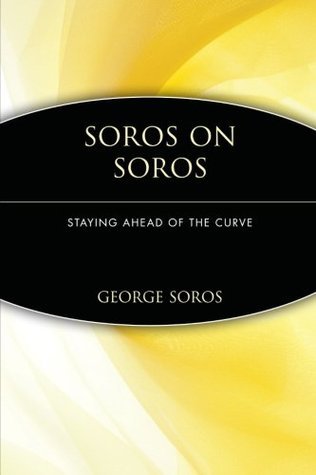What do you think?
Rate this book


336 pages, Paperback
First published January 1, 1994
... When I applied for a visa, the authorities refused me. They said that I was too young, at 26, to be a specialist whose services were urgently required and could not be filled by local talent. F. M. Mayer then got an affidavit from Franz Pick, author of the Black Market Yearbook, who testified that arbitrage traders had to be young because they died young. On that basis, I got the visa. But I never forgot his affidavit and I got out of the arbitrage trading business as fast as I could.
I recognize that I may be wrong. This makes me insecure. My sense of insecurity keeps me alert, always ready to correct my errors.
... there are value investors who do extremely well. Value investors don’t do so well in our shop, because they don’t have anybody to talk to.
...He looked at markets as a casino where people act as gamblers and where their behavior can be understood by studying gamblers. For instance, gamblers behave differently on Mondays than on Fridays, differently in the morning than in the afternoon, and so on.
I recognize that I may be wrong. This makes me insecure. My sense of insecurity keeps me alert, always ready to correct my errors. I do this on two levels. On the abstract level, I have turned the belief in my own fallibility into the cornerstone of an elaborate philosophy. On a personal level, I am a very critical person who looks for defects in myself as well as in others. But, being so critical, I am also quite forgiving.